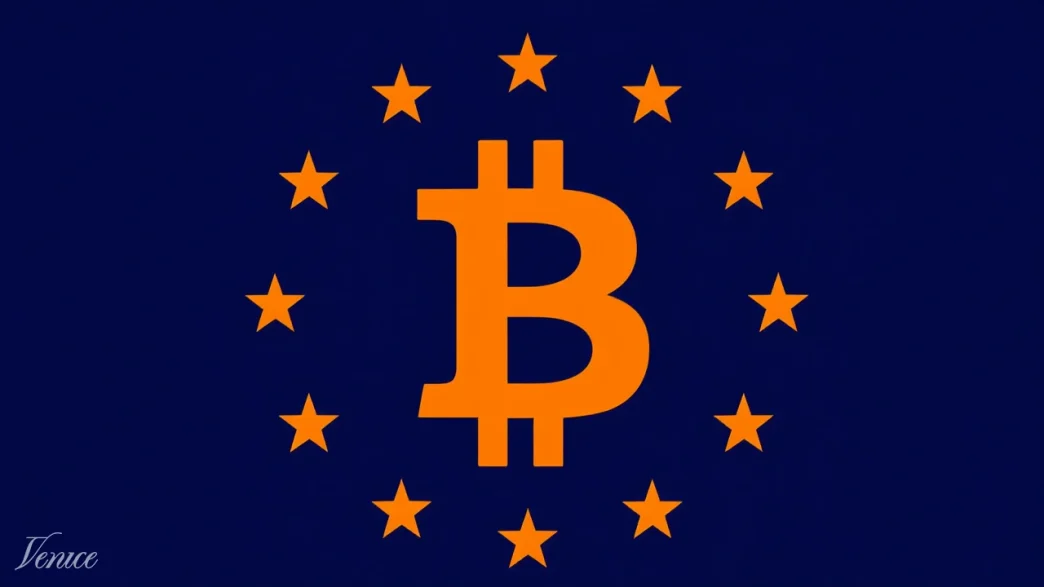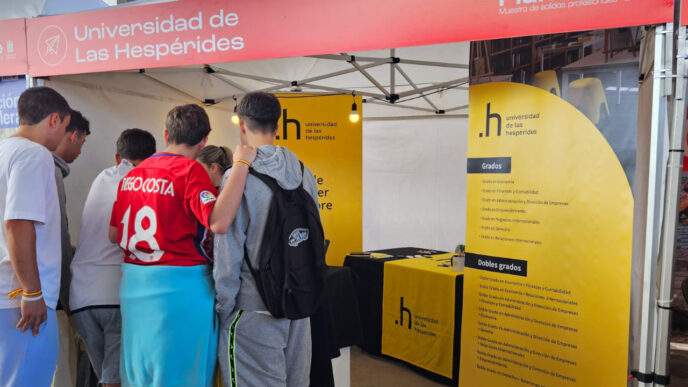The EU’s new MICA license is in effect and EU member states are working on applications and implementation of the new bitcoin soft-ban.
In a recent interview, co-founder and CEO of bitcoin onramp Relai shared insights into the application process and the requirements for bitcoin operators to obtain the MICA license.
Table of Contents
Introduction to MiCA Licensing in Europe
The Markets in Crypto Assets (MiCA) regulation is the European Union’s groundbreaking framework for regulating crypto-asset service providers (CASPs).
Effective from January 2025, MiCA licensing enables crypto companies to legally offer services across all EU member states under a unified regulatory regime, essential for market access and growth.
What is a MiCA License?
A MiCA license authorizes crypto-asset service providers to operate EU-wide, simplifying compliance by eliminating the need for multiple national licenses. It covers services like crypto trading, custody, brokerage, and wallet provision, ensuring legal operation while protecting investors.
Key MiCA License Requirements
To qualify for a MiCA license, applicants must meet strict criteria, including:
- EU Establishment: Register a legal entity with physical presence in an EU member state (commonly a subsidiary in jurisdictions like France or Germany).
- Capital Requirements: Maintain robust initial and ongoing capital adequacy (often millions of euros) to demonstrate financial stability and operational continuity.
- Management and Compliance Team: Employ experienced professionals with expertise in compliance, regulation, and governance.
- Comprehensive Documentation: Prepare exhaustive business plans, internal policies on AML (Anti-Money Laundering), KYC (Know Your Customer), cybersecurity, risk management, and operational controls.
- Technical Infrastructure: Implement secure IT systems, including encrypted storage, two-factor authentication, fraud monitoring tools, and disaster recovery protocols.
- Regulatory Interactions: Commit to regular audits, continuous reporting, and cooperation with national competent authorities.
- Consumer Protection: Ensure transparency, proper client fund segregation, and dispute resolution mechanisms.
MiCA License Application Process
The MiCA license application is thorough and can take 6 to 12 months or longer, involving multiple steps:
- Pre-Application Preparation: Establish the entity and build compliance and legal teams.
- Documentation Assembly: Compile application dossier with policies, processes, security frameworks, and financial plans.
- Submission: File the application to the national competent authority in the host EU country.
- Regulatory Review: Authorities conduct completeness checks, request clarifications, and hold interviews or hearings.
- Approval and Licensing: Upon satisfactory assessment, the MiCA license is granted, allowing EU-wide operation.
Costs and Challenges of MiCA Licensing
- The fee and cost burden can exceed one million euros, covering legal fees, compliance personnel, technology upgrades, and liquidity requirements.
- The extensive demands create high barriers for small startups, leading to market consolidation favoring larger players.
- Continuous compliance and supervision require ongoing investments post-licensing.
Benefits of Holding a MiCA License
- EU Market Access: Active marketing and customer acquisition anywhere in the EU with one license.
- User Trust: Regulatory backing enhances credibility and consumer confidence.
- Operational Efficiency: Simplifies cross-border activities via passporting rights.
- Product Innovation: Freed resources enable focus on service and user experience improvements.
Insights from Relai CEO Julian Liniger
In the podcast with “Bitcoin Verstehen” Liniger shares details of the application procedure and expenses. While the direct cost to the state makes about 10% of the total budget, the capital requirements and cost for external providers turn MICA licensing a heavy lift that only large operators will be able to complete.
- According to Liniger, to obtain a MiCA license, companies must:
- Establish a legal entity within an EU member state (often setting up a subsidiary, e.g., in France).
- Demonstrate sufficient capital and liquidity to ensure operations can be sustained for at least three years with stable or declining revenues.
- Submit comprehensive documentation including detailed business plans, governance policies, risk management frameworks, IT and cybersecurity standards, and internal controls.
- Employ an experienced management team and compliance/legal experts to meet regulatory requirements.
- Implement and document robust KYC (Know Your Customer), AML (Anti-Money Laundering), fraud prevention, data protection, and consumer protection measures.
- Undergo extensive audits and obtain certifications such as ISO standards.
- Maintain secure operational systems with features like two-factor authentication and monitoring to prevent market abuse.
- Maintain operational continuity and sufficient operational capital specifically set aside to safeguard client funds.
- Establish a legal entity within an EU member state (often setting up a subsidiary, e.g., in France).
- The application process is lengthy, spanning about two years, involving submission of voluminous paperwork (often exceeding 10,000 pages including numerous annexes) and ongoing interaction with regulators through questions, clarifications, and meetings.
- Costs for gaining the license are significant, estimated around a million euros, covering filing, legal and compliance personnel, external consultants, technology developments, and capital requirements.
- Due to these extensive demands and costs, the market experiences consolidation, with only well-capitalized and larger organizations able to comply and maintain licenses, limiting competition and innovation to some extent.
- The MiCA license enables companies to actively reach and market to a single EU market of approximately 400 million people, lifting prior restrictions on customer acquisition in EU countries without a license.
- For users, the license facilitates better services such as instant 24/7 Bitcoin purchases with locked-in prices, higher transaction limits under simplified verification, and smoother product innovations due to freed-up development resources.
- While some Bitcoin enthusiasts criticize regulatory compliance as compromising the original decentralized ideals, most regulated companies accept licenses as essential for sustainable growth, security, and mainstream adoption.
- MiCA harmonizes crypto regulation across the EU, providing clarity and legal certainty but also substantial operational overhead, requiring firms to treat crypto services akin to traditional financial institutions in terms of compliance and risk control.
- The regulatory burden includes preventing market abuse and ensuring fair market conduct, further aligning crypto providers with other financial market participants under entities such as ESMA and EBA.
- Ultimately, the MiCA license is a critical milestone for Bitcoin onramps aiming to scale within the EU financial ecosystem, balancing innovation with regulatory oversight.
Final Thoughts
Obtaining a MiCA license is complex but critical for crypto businesses serious about EU expansion. Early preparation, expert legal counsel, and robust compliance infrastructure are indispensable. With this license, firms unlock opportunities for sustainable growth in Europe’s unified crypto market while assuring regulatory compliance and consumer protection.
- https://gofaizen-sherle.com/crypto-assets-mica-regulation
- https://www.squirepattonboggs.com/-/media/files/insights/publications/2025/08/mica-legal-framework-how-to-comply-with-the-eus-crypto-asset-rules/mica-legal-framework-how-to-comply-with-the-eus-crypto-asset-rules.pdf?rev=244bcfcbb2c4497aa3e990dde098059b&sc_lang=en&hash=70E4126057233B46E31473FAFBAFE87C
- https://adamsmith.lt/en/crypto-license/mica-licensing/
- https://assets.kpmg.com/content/dam/kpmg/cy/pdf/2025/markets-in-crypto-assets-regulation-mica.pdf
- https://www.amf-france.org/en/news-publications/depth/mica
- https://www.esma.europa.eu/esmas-activities/digital-finance-and-innovation/markets-crypto-assets-regulation-mica
- https://webid-solutions.com/en/glossary/crypto-regulation-mica/
- https://www.bundesbank.de/en/tasks/banking-supervision/individual-aspects/micar-markets-in-crypto-assets-regulation-913886
- https://www.lw.com/en/markets-in-crypto-assets-regulation-tracker
















